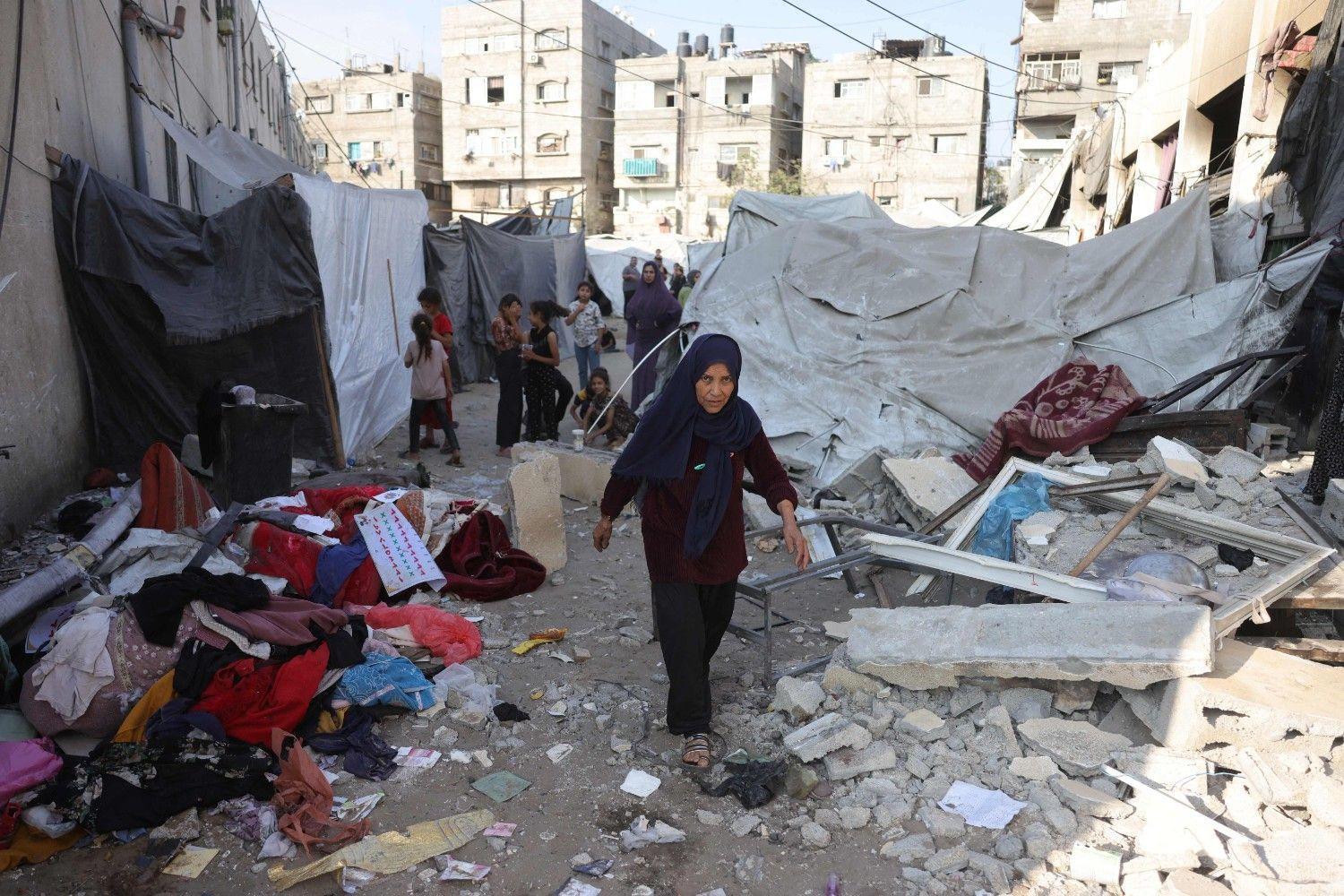
An Israeli airstrike that killed at least 17 civilians, including eight children, outside a health clinic in central Gaza has emerged as another harrowing symbol of the territory’s deepening humanitarian disaster.
The victims, many of them women and children, gathered at a medical facility run by U.S.-based Project HOPE in Deir el-Balah to receive treatment for malnutrition and illness when the explosion struck. Gaza’s civil defense agency said the children were standing in line for nutritional supplements.
One of the victims was a one-year-old boy who had spoken his first words just hours before the blast, according to UNICEF. His mother was critically injured.
“No parent should have to face such tragedy,” said Catherine Russell, UNICEF’s executive director. “The killing of families trying to access life-saving aid is unconscionable.”
Project HOPE’s president Rabih Torbay condemned the strike as “a blatant violation of international humanitarian law.”
“This cannot continue. No one and no place is safe in Gaza, even as ceasefire talks continue.”
Israel’s military confirmed it had targeted a Hamas militant involved in the group’s 2023 attack on Israel, saying it regrets “any harm to uninvolved individuals.” But eyewitnesses said the impact was devastating.
“The ground shook beneath our feet, and everything turned into blood and screams,” said Yousef Al-Aydi, 30, who had been queuing with his family.
The strike came amid intensified Israeli operations and a broader collapse of basic services across Gaza. Hospitals are warning of imminent shutdowns due to fuel shortages and doctors are cramming multiple newborns into a single incubator.
“This tragic overcrowding is not just a matter of missing equipment — it’s a direct consequence of the relentless war and the suffocating blockade,” said Dr. Fadel Naim of Al-Ahli Hospital.
The U.N. said Gaza is on the brink of total fuel exhaustion, threatening water systems, ambulances and emergency care.
Meanwhile, Gaza’s shattered economy is buckling under a severe cash crisis. With banks closed and no fresh currency entering the strip, civilians rely on brokers who charge up to 40 percent in commission.
“We lose nearly half our money just to be able to spend it,” said Mohammed al-Farra, who now pays $100 to receive $60 in usable cash.
Sugar sells for up to $100 per kilo; gasoline costs nearly $100 per gallon.